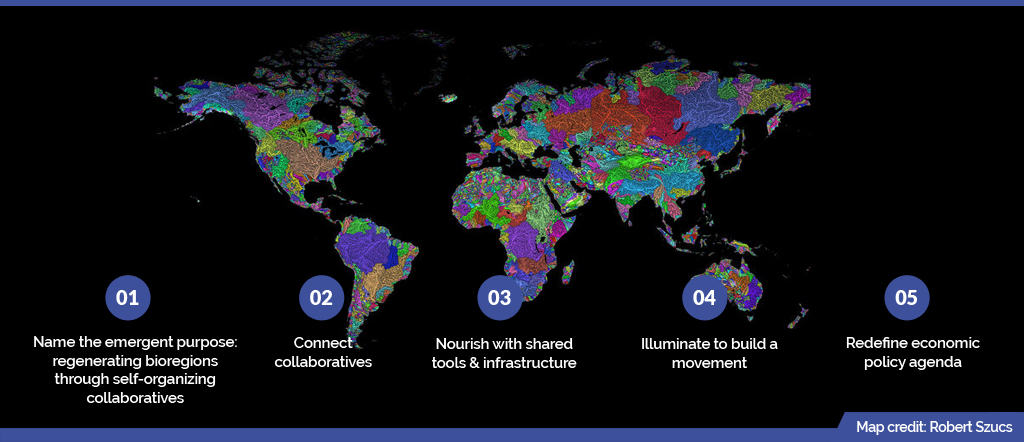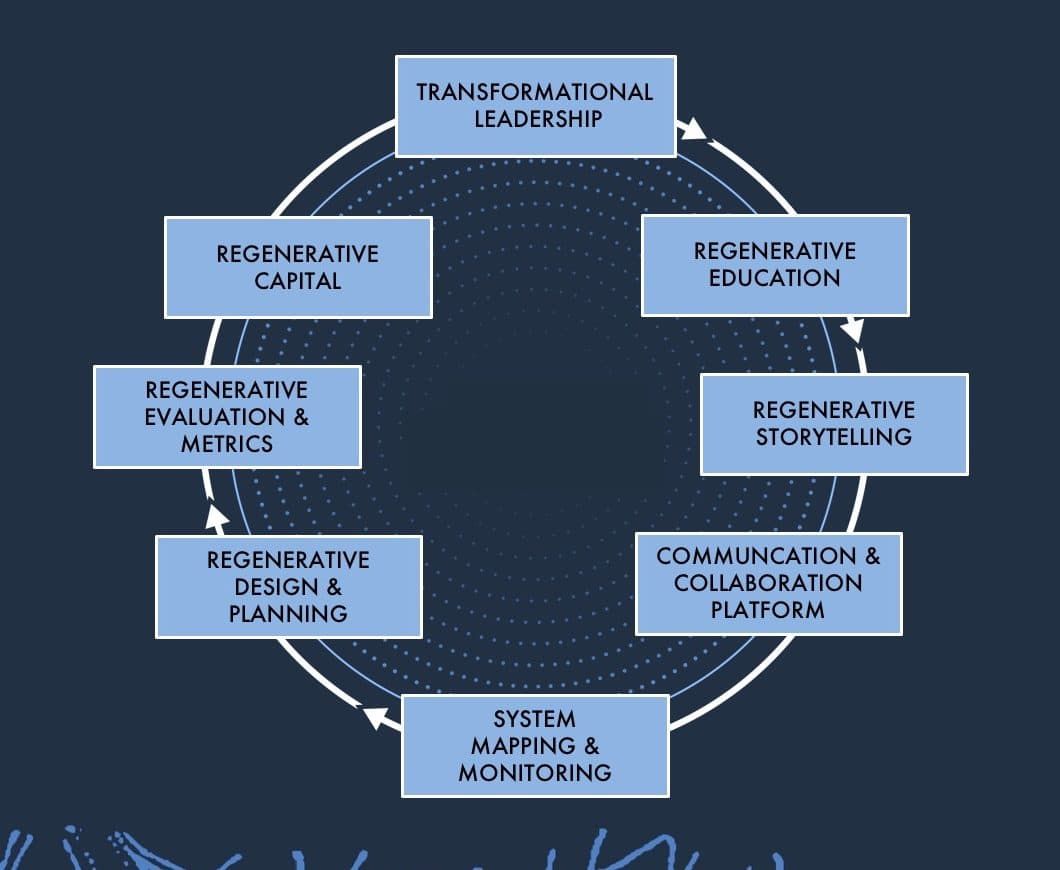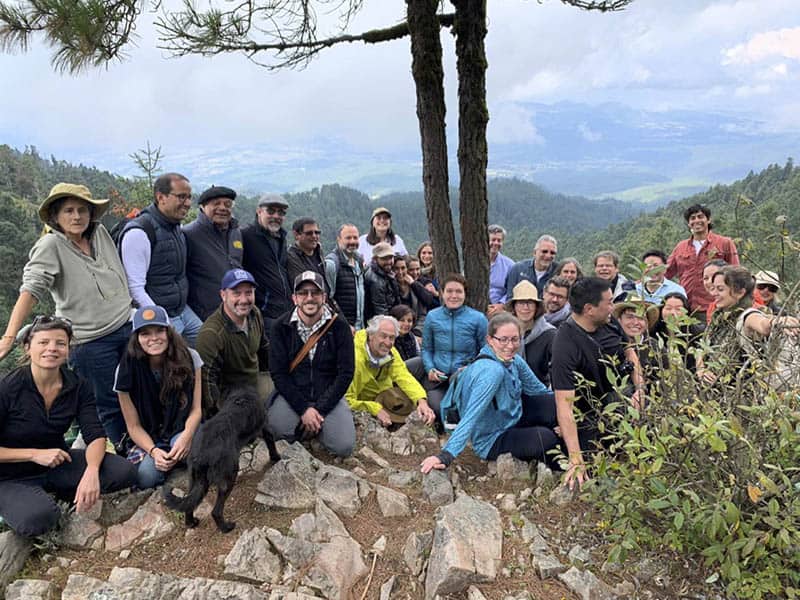- About Us
- Book
- Ideas
- Offerings
- Monthly Discovery Dialogues
- On-Demand Course: Fundamentals of Regenerative Economics
- Cohort-Based Course: Introduction to Regenerative Economics
- Course: Investment for a Regenerative Economy
- Course: Money & Banking for a Regenerative Economy
- Program: Finance for a Regenerative Economy
- Regenerative Organizations
- Projects
- View All Offerings
- Press
- Blog
- About Us
- Book
- Ideas
- Offerings
- Monthly Discovery Dialogues
- On-Demand Course: Fundamentals of Regenerative Economics
- Cohort-Based Course: Introduction to Regenerative Economics
- Course: Investment for a Regenerative Economy
- Course: Money & Banking for a Regenerative Economy
- Program: Finance for a Regenerative Economy
- Regenerative Organizations
- Projects
- View All Offerings
- Press
- Blog




